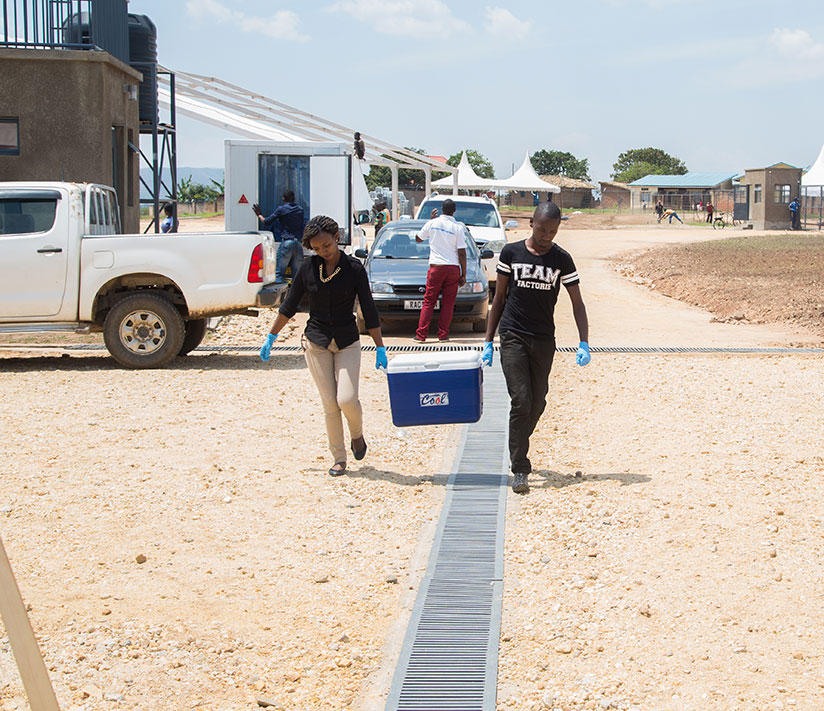When the Rwanda government, in partnership with the American company Zipline launched an emergency medical supplies system on Oct.13, nobody could have anticipated the interest it would generate, writes The Independent Correspondent.

The latest information is that the American government now wants to copy the Rwanda system and use it to deliver medical supplies to remote communities in the USA. In a report by Jake Bright, an America writer and author in New York City, the U.S. Secretary of Transport is expected to visit Rwanda soon to check out Zipline’s Rwanda programme and its test facility.
Jack Bright was quoting an August report in TechCrunch about how Zipline’s Rwanda program has gained the attention of the White House’s UAV initiative and tapped the Silicon Valley drone startup to test drone delivery of medical supplies to remote U.S. communities.
“We have the U.S. Secretary of Transportation visiting our test facilities next month,” said Zipline CEO Rinaudo. “With what we’ve done in Rwanda just the last month there’s been a big shift in terms of what’s possible, especially in the developed world.”
Jake Bright’s report described how the government of Rwanda, in partnership with California-based startup Zipline, recently started the world’s first national drone delivery program.
As an audience of local techies and international press looked on, President Paul Kagame sent the inaugural flight from a tablet-controlled launcher at a drone-port in Rwanda’s Muhanga district. The scene stood in stark contrast to media images 22 years ago of Kagame in military fatigues leading the country out of civil war.
Rwanda’s come a long way since the 1990s. Becoming a technology hub is central to the country’s national priorities. And Rwanda’s partnership with a Silicon Valley drone startup shows the potential of African nations to shape ICT policies that catalyze innovation with global applications.
Since launching on Oct.13, Zipline’s unmanned aerial vehicles now make 50-150 daily deliveries of critical medical supplies (primarily blood and vaccines) to 21 locations across Rwanda. The small craft lift-off from a customized “drone-nest,” drop their loads by parachute, then return to their base — guided digitally by Zipline’s California navigation system connected to Rwanda’s 3G network.
“It’s the first program of its kind,” said Zipline co-founder Keller Rinaudo. He notes there have been a number of drone delivery demonstrations across the world, but nothing like the Rwanda operation. “We’re operating a commercial service at a national scale, with national regulatory approval and a customer that is paying us to do it on a daily basis.”
Though Zipline’s profile sounds like a social venture, it is a for-profit entity. Rinaudo and his former Harvard classmate Will Hetzler formed the company after identifying a market for delivering essential medical products cheaper and faster, particularly to remote areas and regions with challenged infrastructure.
Rinaudo estimates the value of urgent health logistics in Africa as north of $1 billion. In Rwanda, Zipline is paid per delivery by the government. The company’s vision is to expand its operations in Rwanda and then across the continent, all at a profit.
Zipline has raised $19 million in venture capital from investors including Sequoia Capital, Google Ventures, Microsoft co-founder Paul Allen, Yahoo co-founder Jerry Yang, and Subtraction Capital. The company tests its drones, which are custom designed by robotics engineers, at a private facility outside of San Francisco.

